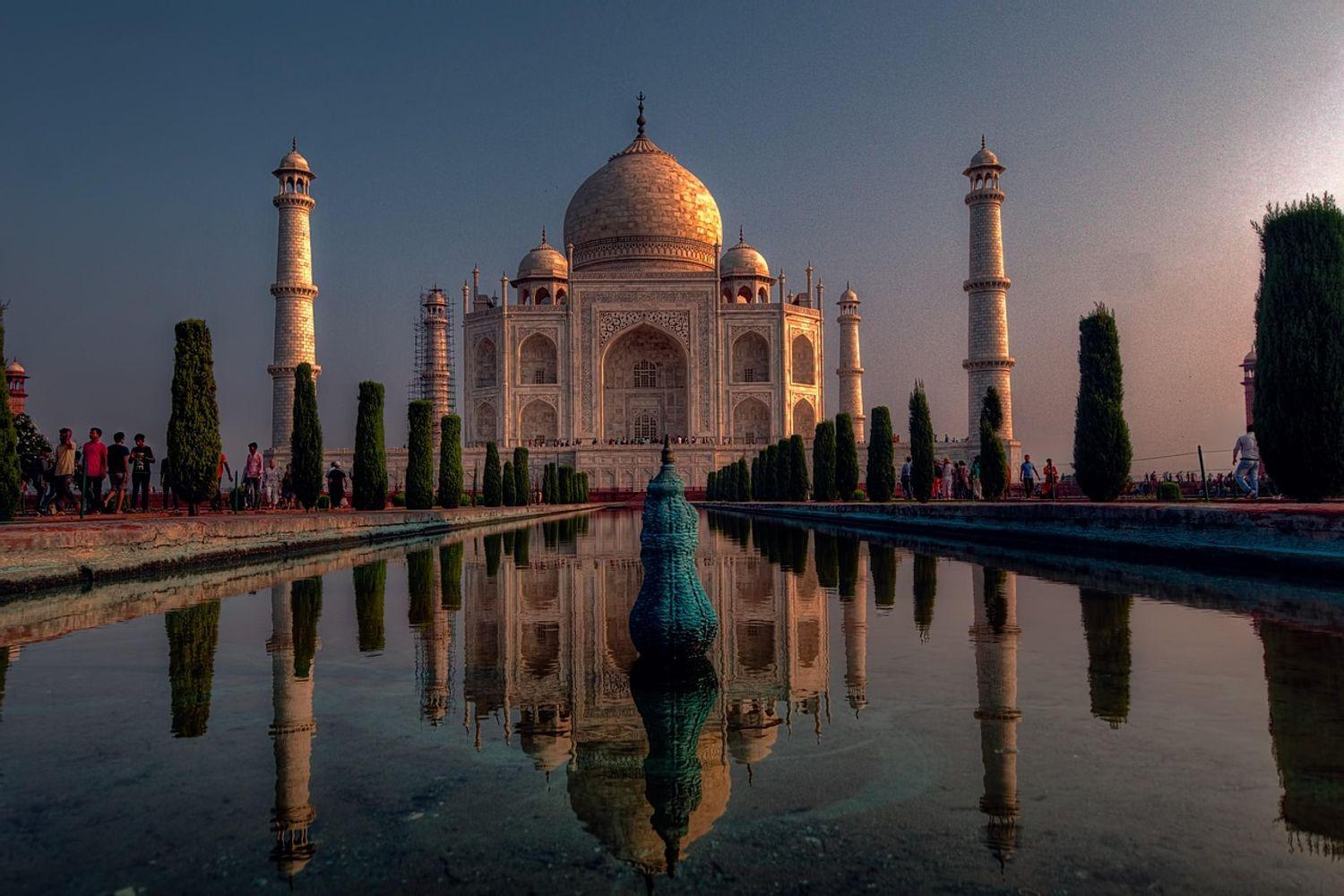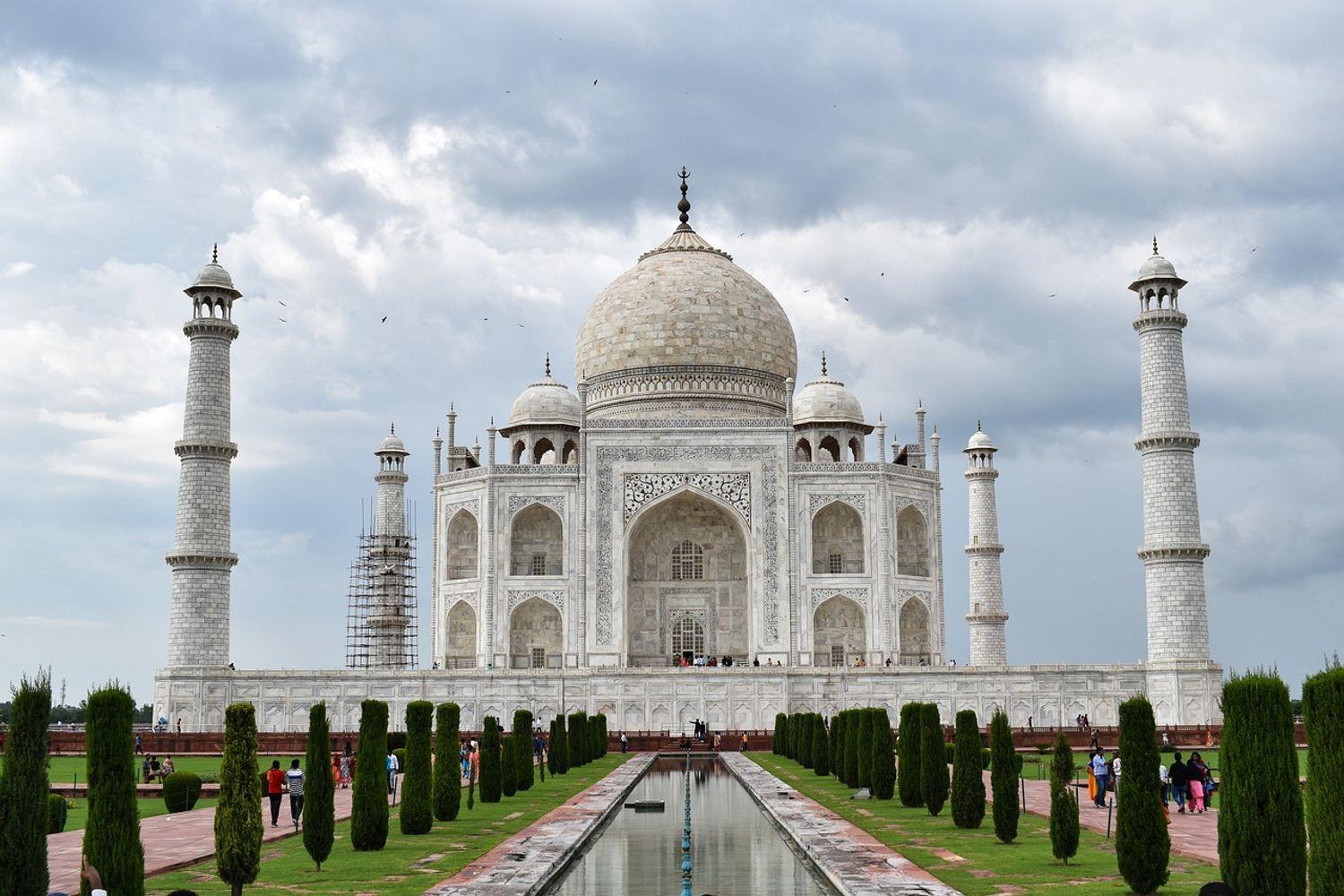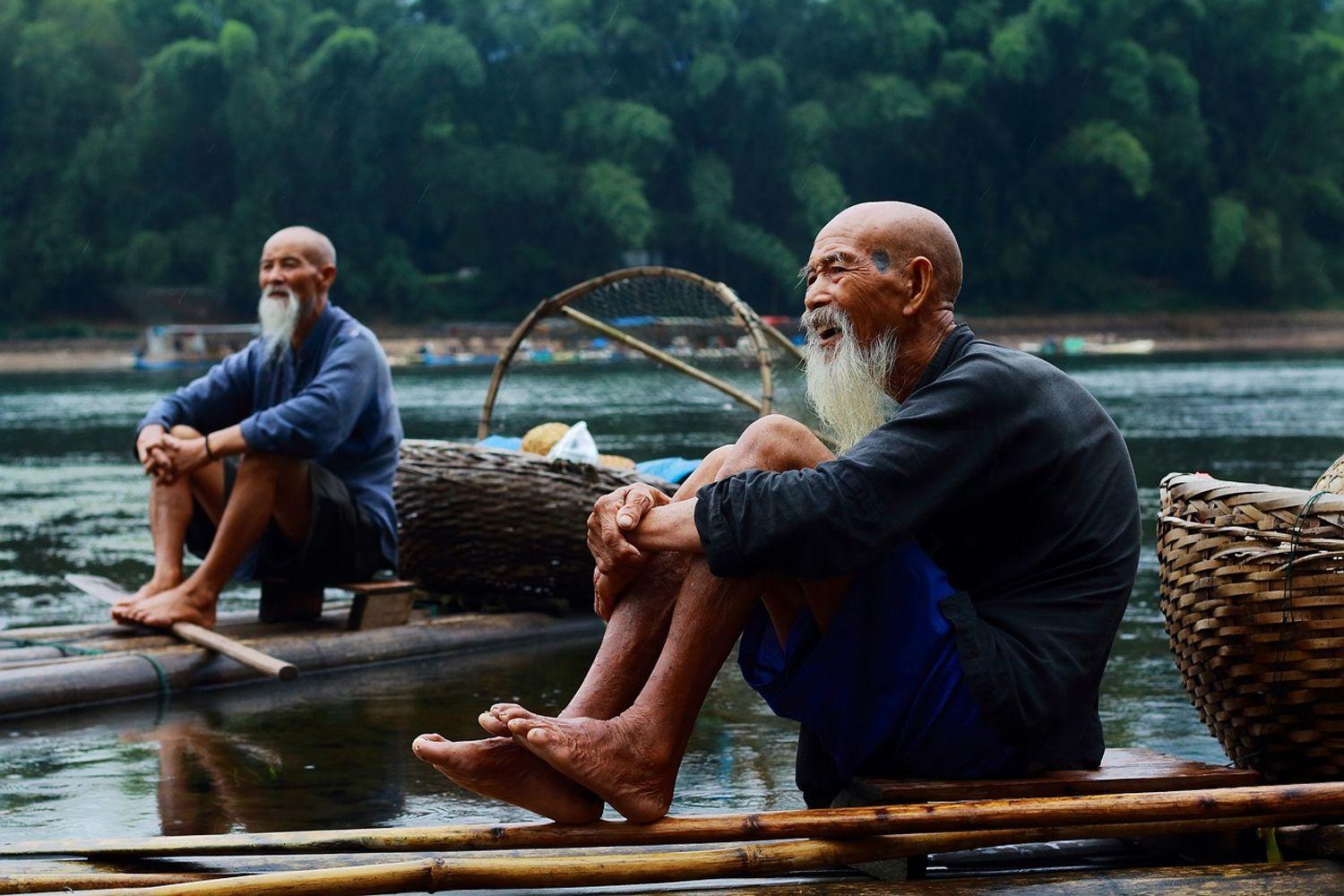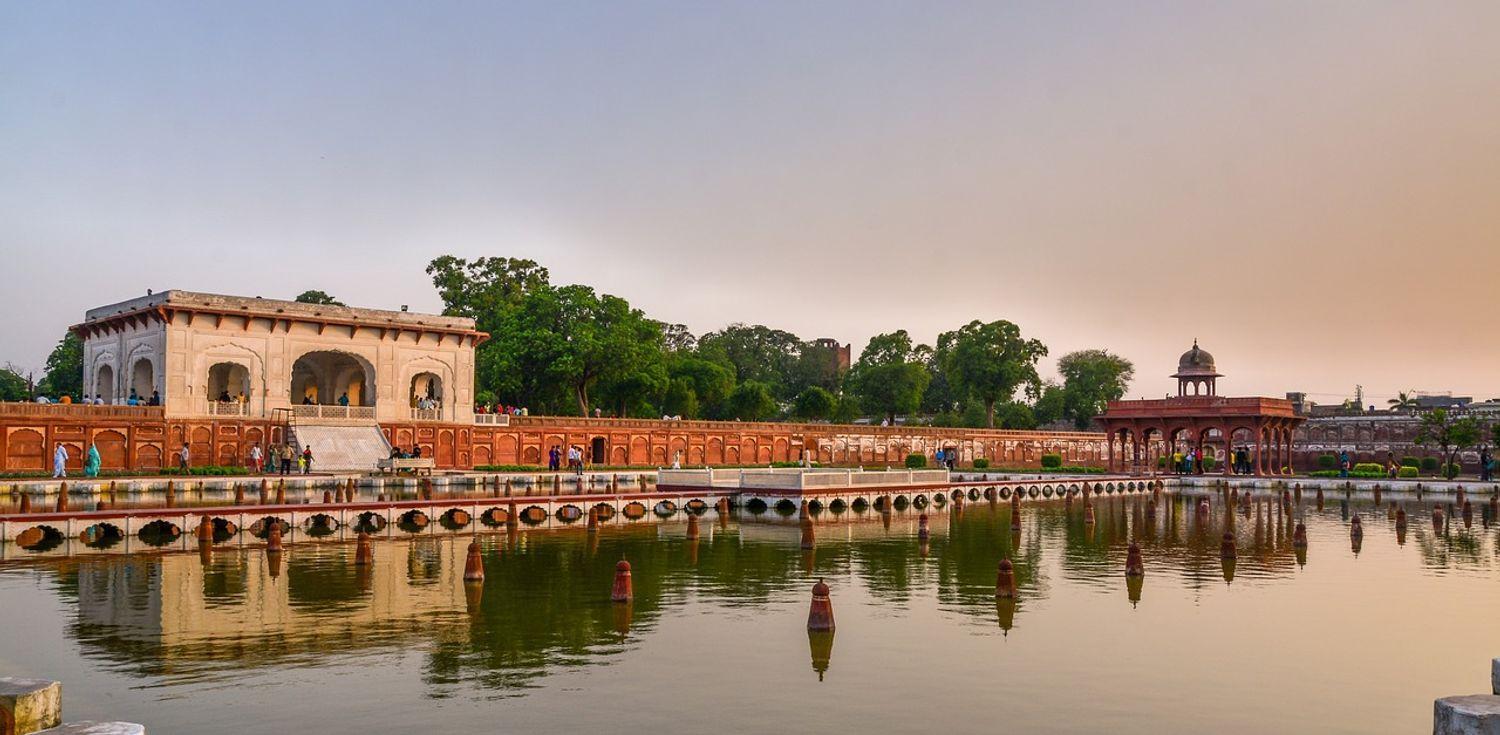The Mirasi are the genealogists and time-honored musicians and dancers. The term "mirasi" is originated from the Arabic phrase miras, which implies legacy or sometimes heritage that points towards their ancestral livelihood.
They are among northern India's unique communities. They were the genealogists of past who kept track of the family tree, its past and were called upon by their clients to narrate these at family parties and functions.
Stories of heroism by the warriors of the family, banal summaries of property deals (extremely helpful in times of dispute) and the finer attributes of marriages and alliances these and additional snippets comprised the material that the Mirasis conserved in their heads. These homegrown historians constantly represented these descriptions in song and hence, their abilities as musicians were likewise in demand.
Table of Content
- History
- Origin
- Mirasi Traditions of Folk Music
- Current situation
- Struggles
- Famous People
History

They are furthermore named Pakhwaji, because of they play the timbrel. Mirasi community perform at festivals and sing at weddings. Multiple are laborers, and cultivating occupants, and furthermore trade vegetables.
The well-educated work in government, serve in the army and do investigation for genealogies.History They have a caste committee to do justice in conflicts and make sure that the individuals behave as they should.
They do not wed outside their community. They use Magadhi, Urdu, Rajasthani, Punjabi, and Hindi languages.
The community consist of Muslims, Hindus, Sikhs. The Muslims among them acknowledge the basic principles of Islam, but their Islam is coloured with Hindu beliefs. One can barely comprehend the spiritual confusion entailed with three major religions within their households and communities.
In medieval times, the singers who were the guardians of the past, tales, genealogies, poetry and music of Northern India were recognized as Meeraasis.
In the transforming political and social climate of the subcontinent, the Meeraasis struggled to protect their proficiency by organising themselves into a close-knit community. A subsection of the Meeraasis, accepted the name of Rabaabis.
In North India

Uttar Pradesh
There is a concentration of the community in western Uttar Pradesh, established primarily in the districts of Meerut, Muzaffarnagar and Bulandshahr. Historically, they were the genealogists of the Rebari community, whom they accompanied from Rajasthan.
The Mirasi speak basic Urdu, although maximum can speak the several languages of Hindi. The Naqqal of Lucknow are an important sub-group of the community of Uttar Pradesh.
Bihar
In Bihar, the community claim to have arrive from Uttar Pradesh in the 16th century. Multiple were musicians at the court of the many zamindars of Bihar although these were courts of there forefathers.
With the abolishment of the zamindari system, the Mirasi have taken to harvesting that was something as retrieval to nature. A few are still called to sing songs at special happenings, such as weddings.
They are established primarily in the districts of Bhagalpur, Bhojpur, Gaya, Munger, Nalanda and Patna districts. The Pamaria society are a major sub-group of the Mirasi of Bihar.
Delhi
The Mirasi of Delhi assert descent caste. They are established in the regions of Seelampur, Shahdara, Bawana, and Narela. The Delhi community are vocalists and musicians, and were linked with the Mughal court in Delhi.
Many families achieved great prestige at the court of the emperors, while others were devotional musicians at the varied Sufi shrines, such as that of Niz'amuddin.
Rajasthan

The Mirasi of Rajasthan are established in the areas of Bikaner, Jaipur Jodhpur, Nagaur, Chittorgarh, Ajmer , Hanumangarh, Sriganganagar, Churu, Sikar, Barmer, Bhilwara and Jaisalmer. They are most popular ones and recognised by the world.
Haryana
The Mirasi community of Haryana are furthermore recognized as Dom. They are established primarily in Mewat, Rohtak, Faridabad, Hissar, Karnal, Kurukshetra, Sonepat and Mahendergarh areas.
The community speak Haryanvi, and multiple can furthermore speak Urdu. Most have now discontinued their traditional occupation, and are hired as wage labourers. They are a very marginalised community.
Punjab
The Mirasi in Punjab are Muslim, Hindu and Sikh. The community is distributed into three groups, the Balmiki, Dom and Muslim Mirasi. The Mirasis here are a Punjabi speaking community, although most speak and understand Urdu.
They consist of a quantity sub-groups, the major ones being the Rai Mirasi, Mir Mirasi, Rababis, Kamachis, Dhadi, Kumachi, Kulawant and Mir Mang.
The Mirasi of Pakistan
In Pakistan the Mirasi are presently primarily a community who contribute in aashura activities recites nohas (mersaya), furthermore they are good entertainers having provided multiple of the nation's singers theater artists.
Largely Mirasi are now bilingual, conversing with both Urdu and Punjabi. They are established throughout Punjab. The people of community are recognized for their wit and humour and singing skills.
Guru Nanak Ji and Mirasi Community
In 1459, Bhai Mardana was born into one such Mirasi household in Rai Bhoi Di Talwandi presently Nankana Sahib, in the Sheikhupura district of Pakistan. His parents were Bhai Badre and Bibi Lakho.
While few facts are accessible about their lives, it would not be untrue to speculate that they lived the nomadic Mirasis' life, going from town to bill age singing their hymns, reciting yore on demand and thus acquiring their keep.
It is likely that owing to the nature of their practice and the fact that they hailed from the similar town, the family of Bhai Mardana were aware of Mehta Kalu, who in 1469, became the father of a boy, who would ultimately become recognized to the world as Guru Nanak.
Mirasi Traditions of Folk Music
Folk music is important for the growth of ethnomusicology. In addition, India has a long past of folk music. Due to the intense cultural diversity, there is an endless number of folk styles to prefer from.
Rajasthan's music has its own extraordinary charisma. Rajasthan's rich musical legacy has produced an abundance of world-class musicians, singers, artists, and hymns. Rajasthan's music has the power to portray the state's diversity and genealogy.
Mirasi are a popular musical group in Rajasthan. The community is a Rajasthani traditional community that makes a living as a musician. They are folk musicians from Jaisalmer, Barmer, Jalore, Jodhpur, other western Rajasthan districts, Punjab and Pakistan.
The mirasi musicians are primarily Muslims, but they have a lot of aid from Rajasthan's Rajputs and other nobility groups. The community used to devote the music to the families, lives, and tales of the royal class.
It assists the communities in relishing and generating the rich heritage during their empire. The mirasi musicians sing hymns and honors for great Sufi as well as for Lord Krishna. Their honors comprise the music and writings for all the wonderful souls. This has made the community further respectable and popular in their introductory era.
These virtuoso musicians used to play and sing the music characterizing the legacy and history. They encompass the interests, hobbies, and lifestyles of the communities and maharajas inhabiting in the regions.
The Mirasi music is component of every function, festivity, occasion, wedding, or any regional public gatherings. These music tribes were reserved in advance and were called to distinct parts of the nation. Any festivity or public event was short without putting in the flavor of the mirasi folk music.
The forte of the mirasi community is that they encompass several forms of music and play instruments to give a personal style and aura to music. The Mirasis were highly gifted and skillful in playing distinct instruments that are relieving to the ears.
The distinct instruments played by the community are Kamaycha, khartal, harmonium, dholak, morchang, halaria. These different instruments are played differently in sync to produce various types of melodies.
Current Situation

Nowadays, these mirasi communities have entered from the town events to the world's biggest stages. Mirasi folk music is famous and loved all around the world. It has provided name, fame, and pride to not just the community but to the nation.
These folk musicians are in high demand for an assortment of reasons, not the least of which is their unique voices and instruments but furthermore for the culture that they reflect, diversify, and honor in their music.
In spite of a scarcity of music platforms and commercial cultural recreations in the nation, today there is an increasing number of young musicians from Meeraasi community who have obtained a sound education and are becoming bright in the ways of the world.
Through their league with different musicians they are being uncovered to different music from around the world. Some have decided to go commercial, while others are attempting to protect their classical heritage.
The major thing is that they should be provided the opportunity in their own nation to do the music which they relish doing the most.
Struggles
Manganiyar and Merasi
The Merasi are marginalized individuals who hold a special musical legacy, an Intangible Cultural Heritage (ICH) as characterized by UNESCO criteria.
They are bound by traditional exercises of a strict hierarchy and are largely recognized by the local caste tag Manganiar, (Manganiyar, Manganir, and Mangnyar,) a belittling word meaning beggar and arising from the phrase "mang," to beg.
They nonetheless hold the burden of an enduring prejudicial system. Today, the Merasi reclaim their prestige by specifying themselves as "Merasi."
This phrase for the Merasi community was wielded to categorise them as untouchables. This community did low wage chores for the upper castes and sang for them on happenings like childbirth, marriage etc.
The term is a disrespect to the community. The whole culture and folk music of Rajasthan has existed through the Merasi community, and pertaining them as a group of beggars is exceptionally degrading not only to them but to the art of music itself. We are no more manganiyar, we are merasi!
The Hindu-Muslim factor
The agency of Mirasins has furthermore been queried by some extreme groups of Islam that regard dance and music as unethical. Though primarily fabricated of Muslims, this social group is scattered across other religions over the sub-continent as well.
Despite religion not being prominent to the institution of Mirasins, their culture does obtain from it. Some of the songs of the community draw from the compositions of Mirza Ghalib, a prominent Urdu poet of the late Mughal era and Amir Khusrow, a 13th-century Sufi poet.
Since lock down due to covid-19, the community hasn't performed or have had a booking which has had severe repercussions for their livelihood. The households since then have been living on their savings, individual donations and some crowd-funded movements stimulated by well-wishers.
The area is a significant component for folk performers; one that cannot be accurately imitated in new digital avenues that the world is moving towards. Additionally, the digital divide in India is quite enormous, and maximum folk artists encompassing the Mirasins are not technologically competent.
The effects of the Covid-19 lockdown have jeopardized the Mirasin institutionthat had already been flickering as the younger generation has been hesitant to take the tradition up. with the commerce system lessening and Bollywood/DJ culture attaining more friction in weddings, the community demand has been considerably low.
Famous People
Dapu Khan
Dapu Khan, was a performer at Sonar Qila in Jaisalmer for 25 years. Dapu ji belonged to town Khinkali in Jaisalmer. Having studied up to grade eight, he was one of the earliest mirasi who could speak English.
He started performing at popular heritage sites in the town to earn a living from the travellers. He could be sighted sitting on the steps of the Gadisar Lake, in the courtyard opposite Patwa Haveli, and in Jaisalmer Fort.
His prestige thrived when the NGO, Anahad Foundation, taped his music. Dapu Ji sang the famous love song Moomal - Mahendra.
Mame Khan
Mame Khan is an Indian playback and folk musician from Rajasthan, India. He has been a playback singer for various Hindi movies such as Luck By Chance (2009), I Am (2010), No One Killed Jessica (2011), Mirzya (2016) and Sonchiriya (2019).
He was featured on Coke Studio @ MTV along with Amit Trivedi, the duo who executed the track, Chaudhary.
Kachra Khan
Kanchra Khan is an Indian folk singer from the mirasi community. Kachra Khan was born in Khanayani town, in the Barmer district of western Rajasthan. He performs at primary sufi festivals across the world
Sakar Khan
Sakar Khan (19382013) was an Indian musician, pondered by many as the greatest proponent of the Kamayacha (or Kamaicha), a Rajasthani version of the Persian musical instrument of the same name, prominent among the mirasi community of the Indian desert state.




